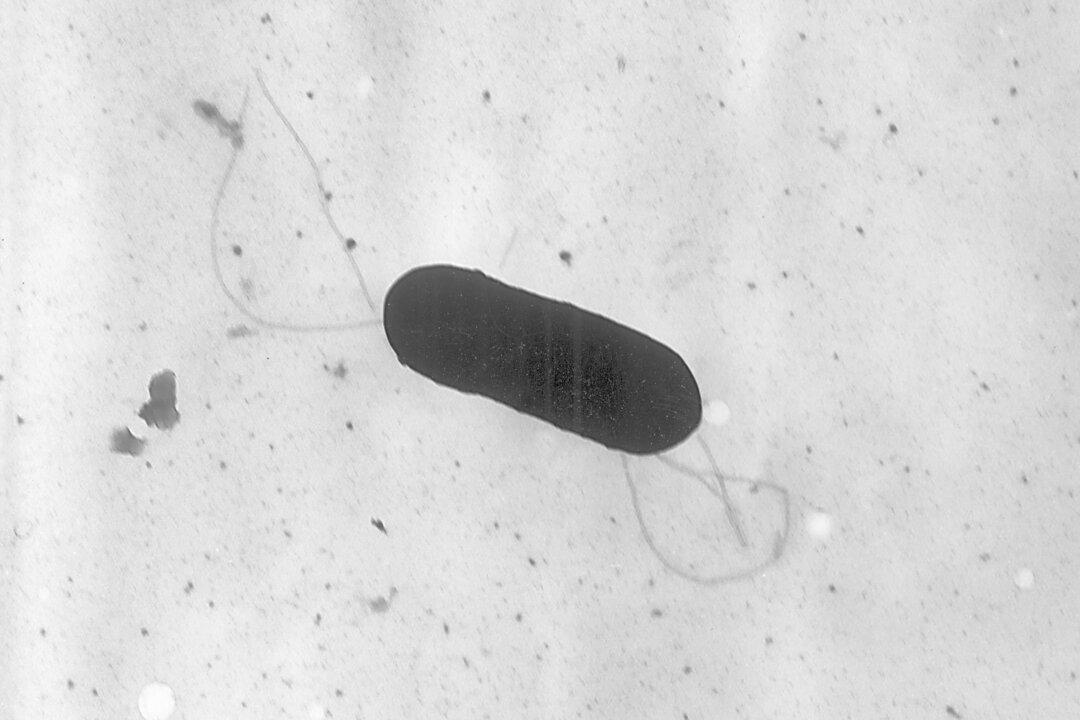The Centers for Disease Control and Prevention (CDC) have reported two deaths from a Listeria outbreak linked to deli meat on Friday.
In addition to two deaths, the CDC reported 28 illnesses and hospitalizations in 12 states.

In addition to two deaths, the CDC reported 28 illnesses and hospitalizations in 12 states.